Blogs
Filter by...
-
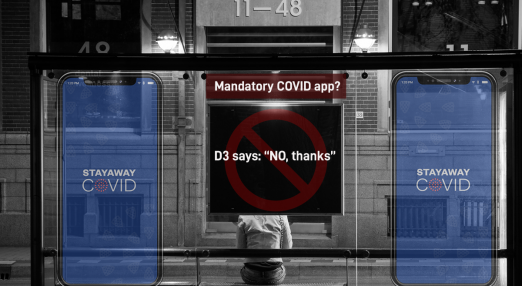
D3 opposes Portuguese efforts to make COVID app mandatory
In this post, EDRi's member Defesa dos Direitos Digitais (D3) discusses the proposed law on making the tracing app “Stayaway Covid” obligatory in Portugal and analyses the consequences of such legislation.
Read more
-

How can “interoperability” strengthen our choices and privacy online?
Brussels is moving into high gear on internet regulation, as the text of the much-anticipated Digital Services Act (now with an additional Digital Markets Act) is due to be published by the European Commission on 2 December.
Read more
-

How the Parliament stakes out its DSA position
With three European Parliament positions on the Digital Services Act coming up, what will it mean for people's rights in the digital world?
Read more
-

Attention EU regulators: we need more than AI “ethics” to keep us safe
In this post, Access Now and European Digital Rights (EDRi) analyse recent developments in the EU AI debate and explain why we need a bold, bright-line approach that prioritises our fundamental rights.
Read more
-

People, not experiments: why cities must end biometric surveillance
We debated the use of facial recognition in cities with the policy makers and law enforcement officials who actually use it. The discussion got to the heart of EDRi’s warnings that biometric surveillance puts limits on everyone’s rights and freedoms, amplifies discrimination, and treats all of us as experimental test subjects. This techno-driven democratic vacuum must be stopped.
Read more
-
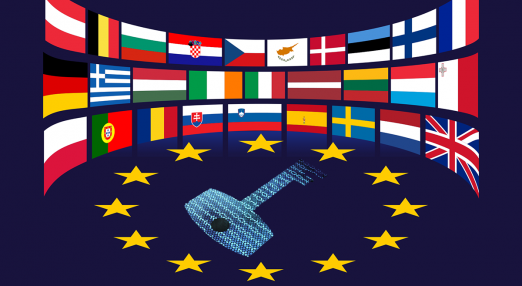
Germany asks what should the EU do about encryption for law enforcement?
On 22 September, Statewatch released a document issued by the German Presidency of the Council to help establish a common EU position on finding ways around encrypted communications for the needs of law enforcement.
Read more
-

Member in the Spotlight: Gesellschaft für Freiheitsrechte
Gesellschaft für Freiheitsrechte (Society for Civil Rights) is a Berlin based non-profit human rights organisation that protects every individual’s right to freedom of expression, equality and safe and private communication – especially on the internet.
Read more
-
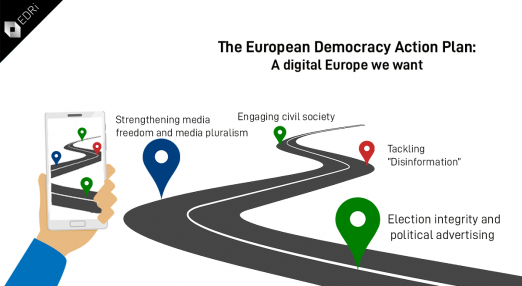
Towards a digital Europe we want: the European Democracy Action Plan
On 14 September, EDRi submitted its response to the European Democracy Action Plan (EDAP) consultation. The EDAP, echoing the existing EU Action Plan on Human Rights and Democracy, focuses on preserving European democracies. The EDAP intends to address numerous challenges such as shrinking civic space, electoral interference, disinformation and the difficulties faced by journalists.
Read more
-
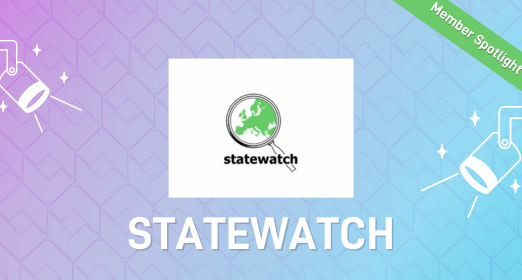
Member in the Spotlight: Statewatch
Statewatch undertakes and encourages the publication of critical research and investigative journalism in the fields of the state, justice and home affairs, civil liberties, accountability and openness.
Read more
-
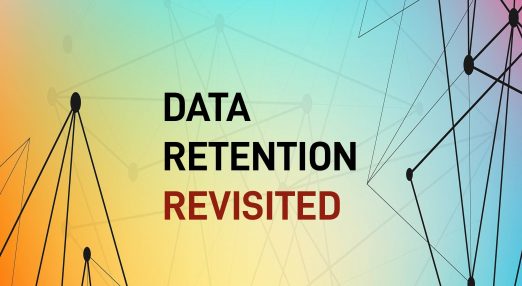
Booklet: Launch of Data Retention Revisited
Today we are pleased to launch our updated handbook: “Data Retention Revisited”. The handbook is one of the few dedicated resources created on the topic of data retention in the European Union (EU).
Read more
-
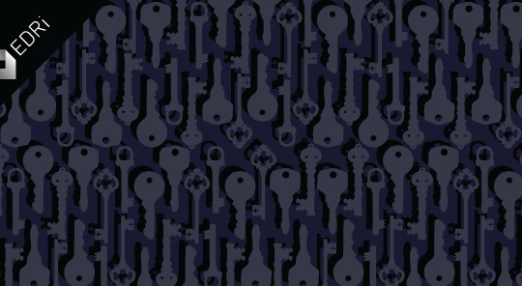
Is surveilling children really protecting them? Our concerns on the interim CSAM regulation
On 27 July, the European Commission published a Communication on an EU strategy for a more effective fight against child sexual abuse material (CSAM). The Communication indicated several worrying measures that could have devastating effects for your privacy online. The first of these measures is out now.
Read more
-

59% of polled EU citizens decry anti-terror upload filters. You should too.
Following disruptions due to the COVID-19 crisis, the negotiations between the European Parliament and the Council of Ministers on the Terrorist Content Regulation are resuming this week.
Read more
